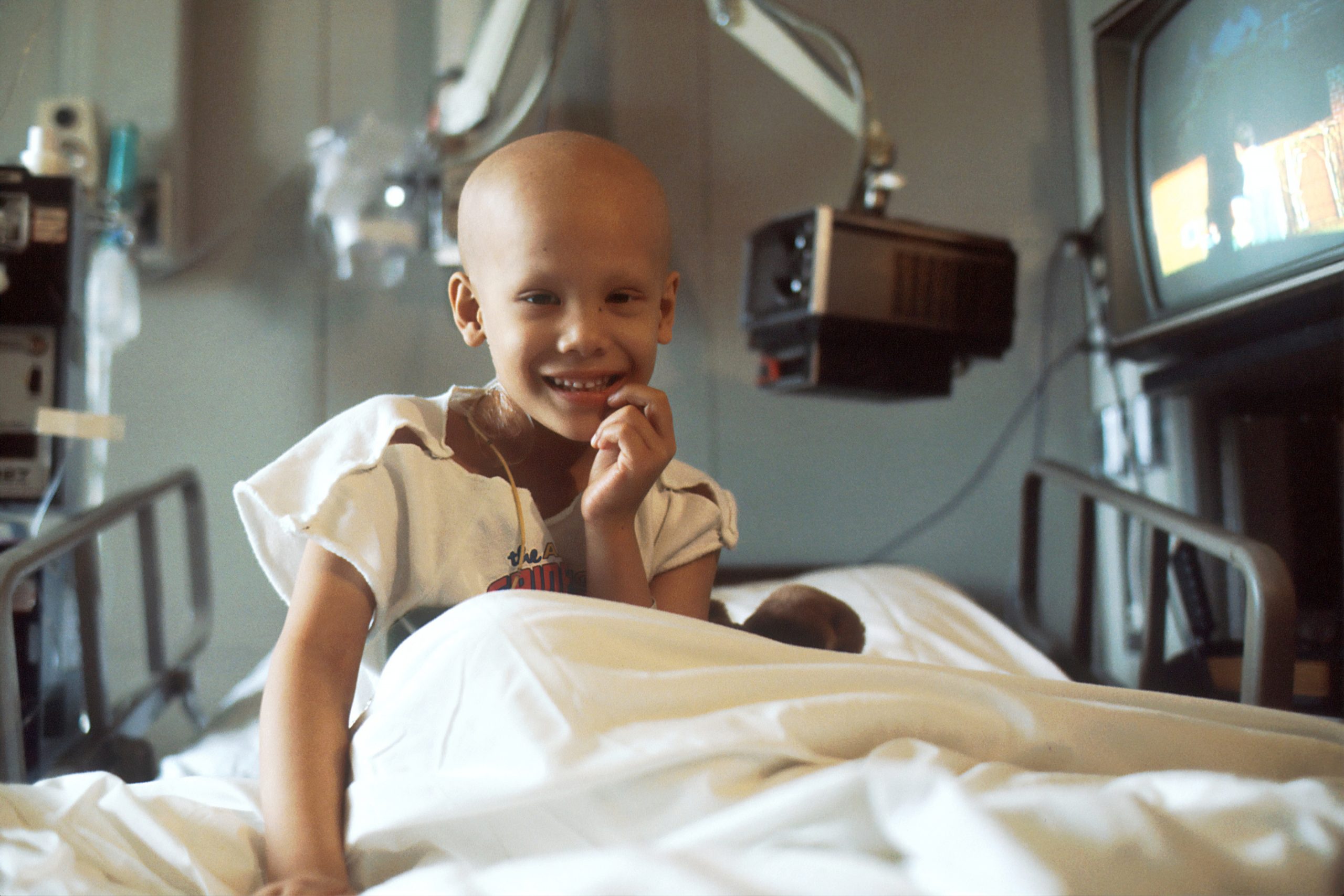Supportive offers for patients and relatives
Gynecological cancer and its treatment raises many questions and usually presents those affected and their families with very challenging situations that have to be mastered. In such a challenging situation, a supportive offering in addition to medical treatment can help.
A hospital should offer patients and their relatives a wide range of supportive services in addition to medical treatment. Because this should help in challenging situations to support the course of therapy and improve quality of life and well-being.
The following supportive offers can be helpful:
Psycho-oncological counseling
Medical diagnostics go hand in hand with the offer of accompanying, psycho-oncological advice and support. The diagnosis of cancer is a heavy blow to anyone. The first horror is usually followed by emotional turmoil: Should I have lived healthier?
Why wasn’t the disease recognized earlier? Do I still have a chance at all? All of these questions are constantly in the mind of most of those affected and trigger negative feelings: anger at themselves or at fate, fears about the next diagnostic examination, about side effects of the treatment or about the progression of the disease, shame about the changed body. As the illness progresses, making difficult decisions, returning to work or other situations can be difficult and stressful.
Nutritional advice
Nutritional therapy (also called diet therapy) comprises all nutritional measures to restore health and regain the patient’s ability to act. Various forms of intervention are assigned to nutritional therapy to ensure the individual energy and nutrient requirements of patients. Nutritional therapy also pursues the goal of activating the individual and social resources of those affected and their relatives in order to enable them to act independently and appropriately on nutrition.
Nutrition is the basis of life — both in the prevention and in the medical therapy of the respective disease.
Weight loss is often the first sign of a malignant disease. In the further course of medical treatment, the nutritional status itself has a significant influence on the tolerability of the therapy as well as on the course of the disease and the prognosis. Due to the ever-improving cancer therapies that enable longer survival, nutritional therapy is becoming increasingly important.
Palliative care
Cancer patients and their relatives are often confronted with a variety of physical, psychological, social and spiritual burdens, which can be associated with a reduced quality of life and reduced therapeutic effects.
Comprehensive oncological care therefore includes, in addition to purely medical care, assistance with these often complex problems. Ideally, this is done by a treatment team consisting of various professional groups and disciplines. Especially when tumor diseases cannot be cured and the remaining life span will presumably be limited, additional knowledge can be very helpful. A specially trained perception, willingness to listen and extensive knowledge of the treatment options for complex complaints are just some of the necessary requirements for comprehensive palliative care. These aspects of palliative care need to be integrated into oncological care in good time.
Pastoral care
Hospital pastoral care is offered by the Protestant and Catholic Churches. Full-time and voluntary employees will be happy to visit and accompany you. Regardless of religious affiliation, pastors will listen to you and give you support. Illness and a stay in a clinic trigger a wide variety of feelings and questions. Pastoral care is seen as an opportunity to address things that are currently important to you or your loved ones.
Relatives’ consultation hour
In moments of illness, hospital stays and medical treatment, it is important for clinics to be able to give you comprehensive advice, not only professionally but also personally. For this purpose, nursing staff and doctors are on hand with advice and action on the wards, in the outpatient departments and in the operating theater. You are the primary point of contact for your concerns and questions.
Social service
In addition to the physical and psychological effects, serious illnesses can significantly change the personal, social and professional situation, which is accompanied by a variety of questions and challenges. That is why the social service offers you professional, individual and neutral advice. The concern of the social service is to provide patients and their relatives in all phases of the illness with information and support options that can be helpful in coping with their illness and its effects on everyday life and the personal environment.
Complementary medicine
Many cancer patients and their relatives often ask themselves whether and what they can do in addition to ongoing or already completed oncological therapy in order to optimally support body and soul in treatment and to maintain health. Complementary medicine represents accompanying possibilities that contribute to holistic care. These include nutritional advice, herbal medicines, natural healing methods, but also relaxation methods, physical activity and much more. At this point it is important to us: Complementary medicine is a supplement, but not a substitute for conventional medicine — it is not an alternative medicine!
There are numerous offers at the women’s clinic at Charité Berlin. Supportive offers are available to patients, regardless of whether they are receiving inpatient or outpatient treatment. Patients can take part after registering. More information can be found here.

